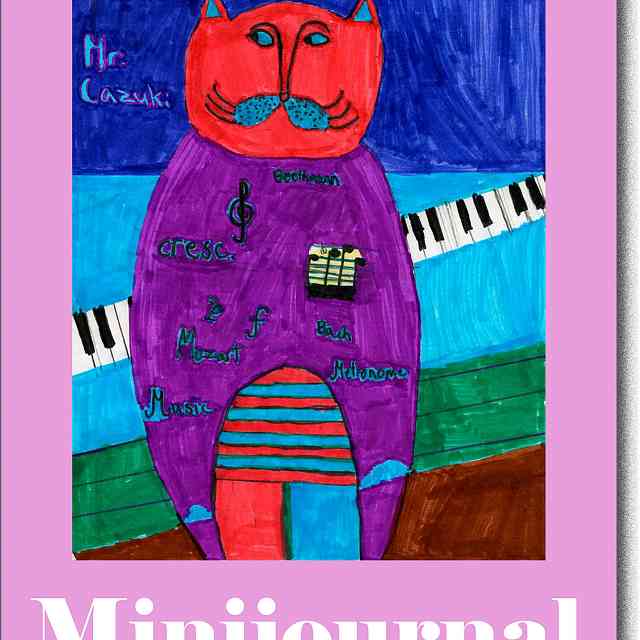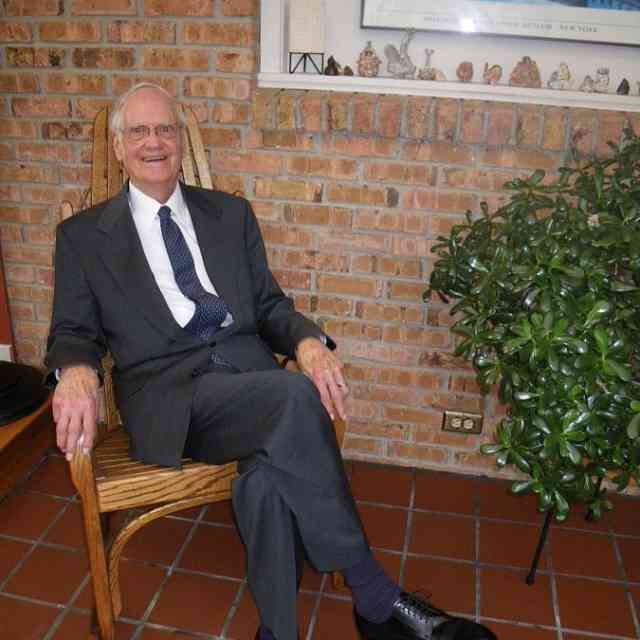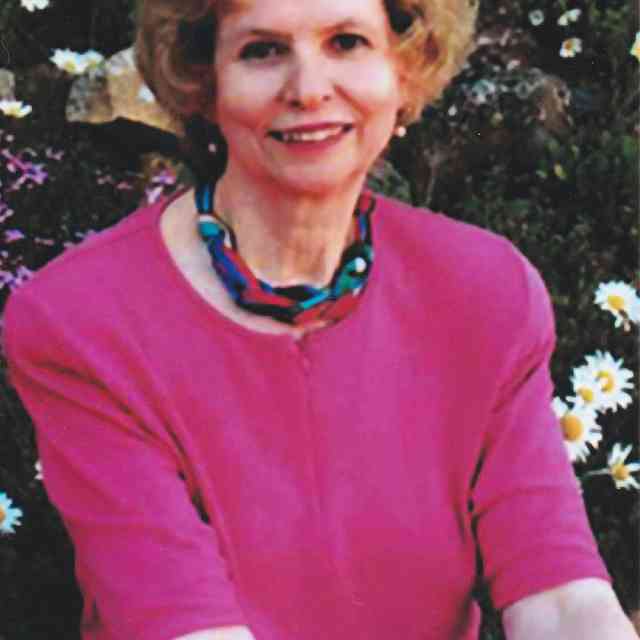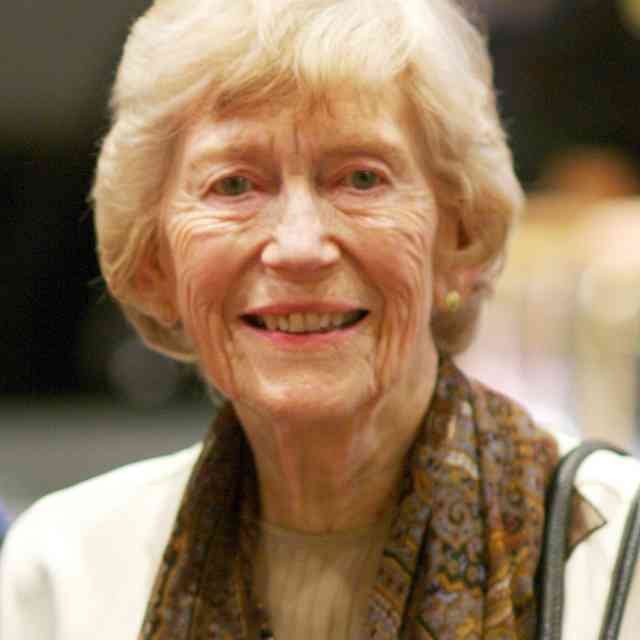
Mr. Starr teaching violinist Steffani Kitayama.
William J. Starr, violinist, educator, and author, died peacefully at his home in Boulder, Colorado on December 26, 2020, at the age of 97.
Born in Concordia, Kansas, on May 23, 1923, to Dr. Ellis and Kathryn Kelly Starr, Bill was the third of six children. His mother loved the violin and inspired Bill’s interest in the instrument. He began lessons with his school’s choral director, who encouraged him to attend concerts and listen to recordings of fine violinists. He later studied with a violinist from the Chicago Symphony who had moved to the area.
Bill’s talent for the violin took him to the Eastman School of Music, where he earned a Master’s Degree in Music with a Performer’s Certificate in Violin. There, he met fellow student Constance Koebelin, a pianist who also studied viola with Samuel Belov, Bill’s violin teacher. Belov encouraged Connie to accompany Bill on his senior recital, and thus began a violin-piano duo that was to continue for more than seventy years.
Bill’s career was paused when he joined the U.S. Naval Reserve in 1943. He served as a lieutenant junior grade on active duty in the Pacific as a deck officer and later captain of the LCS36, a landing-craft support ship. He participated in the battles at Iwo Jima and Okinawa, Japan, where his ship was struck by a kamikaze. During his time in the service, Bill wrote many letters to his family about his experiences and later compiled them into a book, My Letters Home from the Pacific War.
After the war, Bill returned to Eastman to finish his master’s degree. In 1947, he and Connie married and moved to Denver, Colorado, where he played in the Denver Symphony. They moved to Knoxville in 1949, where Bill joined the faculty of the Music Department at the University of Tennessee, becoming the department chair in 1977. During those years, he also served as concertmaster of the Knoxville Symphony and wrote several college texts, including Scored for Listening, Music Scores Omnibus, and Perceiving Music.
In 1964, Bill attended the Music Educators National Conference in Philadelphia and heard the first group of Shinichi Suzuki’s students perform in the United States. He was intrigued by Suzuki’s ideas and began teaching a group of young students using his principles the following fall. Over the next few years, he attended several workshops including one held by John Kendall at Southern Illinois University, where Bill first met Suzuki. He also joined a group of American teachers Kendall escorted to Suzuki’s Summer School in Matsumoto in 1967.
Bill took a sabbatical in 1968 to take the family to Matsumoto, Japan, where he observed and recorded lessons taught by Suzuki and other Japanese teachers at the Suzuki Institute. He did many hours of video interviews with Suzuki, asking him to talk about and demonstrate his pedagogical ideas. At Suzuki’s request, Bill also conducted the trainees’ orchestra and taught classes in theory, sight-reading, and vibrato. During their year in Matsumoto, the family developed a close relationship with the Suzukis and in 1998, Waltraud asked Bill to speak at Suzuki’s memorial service.
After his return home, Bill was instrumental in the development of the method in the United States and throughout the world. He was a founder and the first president of the Suzuki Association of the Americas and the first chairman of the board of the International Suzuki Association. He wrote The Suzuki Violinist based on his time with Suzuki, and it became a valuable resource for violin teachers. He published pedagogical books and music including duets, orchestral arrangements, and reading materials. He and Connie co-authored To Learn with Love, a book of inspiration and guidance for Suzuki families. They both taught and performed at Suzuki Institutes throughout the United States, as well as at conferences and workshops in Japan, Taiwan, Korea, Australia, England, Canada, Ireland, Venezuela, Germany, and Switzerland.
In 1982, Bill moved the family to Boulder, Colorado, where he was an adjunct professor of music at the University of Colorado until his retirement in 2002. He taught with the Boulder Suzuki Strings program from its inception until Connie’s death in 2019. During his last year, he worked on a book of stories about his and Connie’s musical experiences—their beginnings as performers and the effect that encountering Suzuki had on their lives. He describes events and milestones in their 72-year-long marriage as they raised eight children, wrote books, played concerts, and taught all over the world. There will be an announcement when the book is published.
Bill is survived by his children Kathleen, Teresa, Gregory, Timothy, Judith, William Jr., Michael, and David, as well as nine grandchildren and two great-grandchildren.
In his keynote speech at the SAA’s 2012 conference, Bill concluded with suggestions for celebrating Suzuki’s life. Those touched by Bill throughout his long life can celebrate him in the same way: “by following his example in inspiring children, in believing in their exceptional abilities, in teaching with skill and compassion, and, most importantly, in endeavoring to be exemplary models of noble human beings.”










